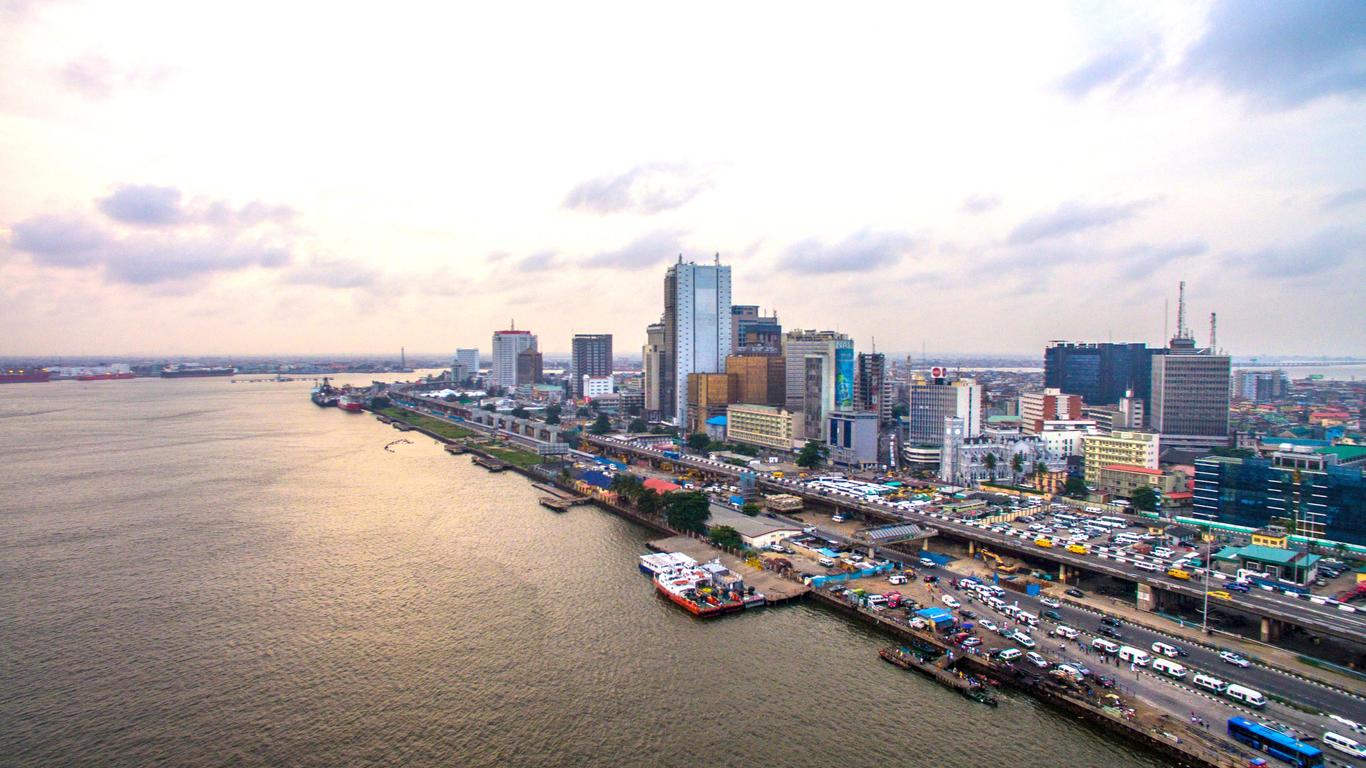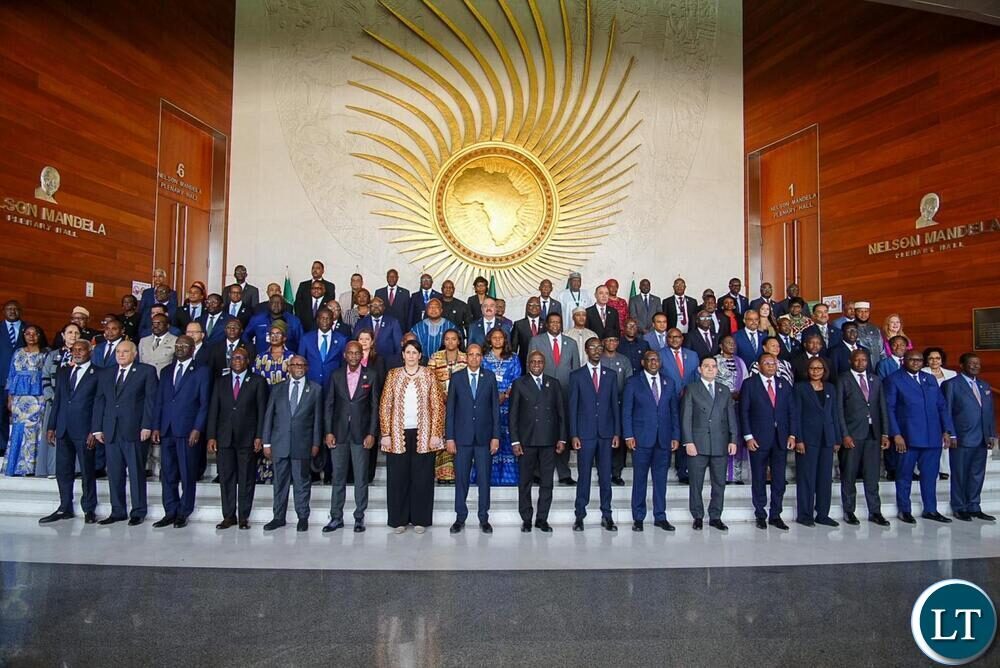
Monday 15th September 2025

Par inAfrika Reporter
Some routes don’t just connect cities; they connect ambitions. A direct Dar es Salaam–Lagos service is one of those routes—a corridor where fashion houses and fintech founders, cashew exporters and film producers, venture funds and vessel agents finally move at the same speed as their ideas. For years, East–West travel has meant awkward layovers, missed meetings and price tags that punish spontaneity. A nonstop turns that friction into flow, and the first thing that flows is confidence.
The business case writes itself. Tanzania trades in the hard stuff—metals, fertiliser inputs, grain, energy hardware—and the soft power that sells a country: ports, parks and precision in delivery. Nigeria brings scale, liquidity and one of the world’s loudest creative economies. When you stitch those dynamics together with a single flight, you don’t just move passengers; you move supply chains. A Dar-based exporter can sample Lagos demand in days, not months. A Lagos distributor can scout Tanzanian factories and farms without a week lost to connections. Deals that once died on the altar of scheduling suddenly survive.
Tourism is the stealth winner. The traveler who does business on Victoria Island on Thursday can wake up to Stone Town’s alleys on Friday and the Serengeti’s sunrise on Sunday. That itinerary has existed in PowerPoint for years; a direct leg lets it exist in real life. Destination managers should already be building packages that braid Zanzibar, Arusha and Dar with Lagos’ cultural calendar, turning a two-city hop into a multi-stop habit. The psychology matters: when the map looks short, the wallet opens wider.
Airlines know the trick is consistency. Anyone can cut a ribbon; only a few can keep a plane on time, a cabin full and a schedule sacred when headwinds rise. That means wide distribution on global booking systems, iron-clad interlines, tech that keeps travellers informed and on the move, and ground partners who treat every arrival as a rehearsal for the next one. The credibility dividend from doing this well is enormous. If the corridor runs like a metronome, it becomes the template for other gaps Africa still tolerates—Dar–Abidjan, Mombasa–Accra, Zanzibar–Dakar.
Ports and cargo won’t sit out the party. Belly space is the first step; freighters follow if the numbers hold. The smart logistics operator will map where air unlocks margin—pharma, perishables, high-value spares—and where it unlocks time for sea. Air doesn’t kill ocean; it coordinates it. A manufacturer who can fly critical components while shipping bulk inputs can keep a production line humming through the continent’s usual mishaps. The same logic applies to creative industries. Film crews, audio engineers and fashion buyers live and die by calendars. A nonstop preserves days—and sometimes careers.
The politics of connectivity are unavoidable. Aviation is reputation management with wings. When a country delivers safe oversight and predictable operations, it isn’t just selling seats; it’s selling the idea that contracts will be honoured, cargo will clear without drama, and tomorrow’s flight won’t vanish because someone blinked in a boardroom. East–West corridors will define whether AfCFTA is a story about forms or about flights. This one puts the agreement in the air.
There will be stumbles—slots, storms, costs that climb when fuel flinches—but the direction is right. If this route is flown with discipline and marketed with imagination, it becomes more than a service. It becomes a signal, the kind that tells a continent to build sideways as confidently as it builds outward. You don’t integrate markets by talking about them. You integrate them by boarding passes. This is one worth fighting to keep.


